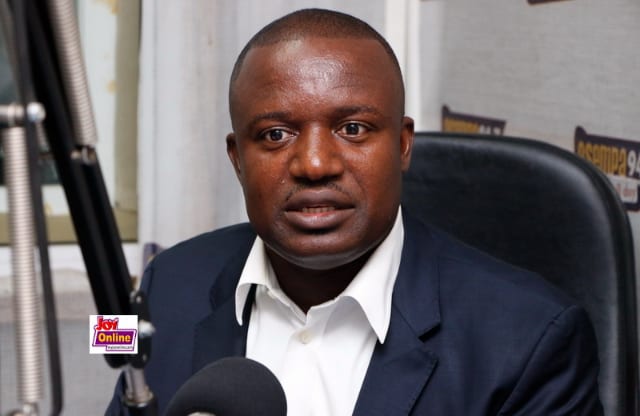The Minority in Parliament has questioned the Public Utilities Regulatory Commission (PURC)’s methodology for the recent tariff adjustments.
The Caucus is of the view that, PURC used wrong computations in its calculations.
In a press statement issued and signed by the Ranking Member on Parliament’s Energy and Mines Committee, John Abdulai Jinapor, on Friday, January 20, the NDC MPs said they oppose the increments.
According to them, the Commission is using an unorthodox method to help the government meet its IMF conditionalities in the energy sector.
They assured that they will resist the increment fiercely to ensure consumers are protected.
“From the available data, all the 3 hydro dams have witnessed very high elevations at the beginning of 2023 and are therefore in better positions to produce more hydro electricity compared to the previous years.
“We are confident of hydro generating not less than 35% based on the Energy Commission’s projections. We therefore reject the 26% Hydro mix used in computing the recent tarrif adjustments.
“By this statement, the Minority demands of the PURC to refrain from such unorthodox methods, which, by all intents and purposes, is a back door approach to meet the IMF conditionalities in the energy sector.”
PURC has increased electricity and water tariffs by 29.96% and 8.3% respectively.
The new rates take effect from February 1, 2023.
This follows the conclusion of its regulatory process for the quarterly adjustment of utility tariffs covering the first quarter of 2023.
The Commission said the process is in conformity with the Quarterly Tariff Review Mechanism and Guidelines as communicated in the Commission’s August, 2022 major tariff review decision.
This was contained in a press release issued in Accra on Monday, January 16.
However, following the announcement, some CSOs and consumers have taken them on.
For instance, the Institute for Energy Security (IES) has questioned the assumption used in establishing the new electricity tariffs.
The IES said the assumption used by the PURC on the electricity generation mix of 26.11% hydro and 73.89% thermal as baseless, stating “that assumption amounts to giving priority to thermal power generation over hydro, given that water elevations for Bui and Akosombo generating stations (GS) have improved, and capable of producing close to 38% of power in 2023, in IES’ estimation”.
“Although the IES has anticipated that the average electricity end-user tariff (GH₵/kWh) covering residential, non-residential and special load tariff electricity consumers would see an increase within the year, the expected increase in tariff was anticipated to be marginal should more of hydro-electric power be produced from the generation mix”.
Latest Stories
-
GES orders school heads to refund WASSCE practical fees to students
14 minutes -
Asantehene hands over land for construction of Ghana School of Law campus in Kumasi
23 minutes -
Over 200 substandard hospitality facilities in the Ashanti region face closure by GTA
52 minutes -
Sinapi Aba’s Joyce Owusu-Dabo honoured Personality of the Decade by African Women in Banking and Finance Magazine
1 hour -
Africa AI Health forum explores practical uses of generative AI in healthcare
2 hours -
AG has recovered 10.6% of the Unibank liability, not 60% as he claims – Bright Simons
2 hours -
Residents commend MTN for community engagement, call for continuous service improvements in Tsito
2 hours -
Al-Azhariya Islamic cluster of schools in deplorable state: Teachers call for renovation
2 hours -
France urged to address colonial legacy as Senegalese activists call for reparations in Dakar Roundtable
2 hours -
“Eat AI, drink AI, live AI” – UG Professor
2 hours -
Direct Relief applauds Breast Care International for lifesaving medical support in Ghana
2 hours -
“A cultural force and national treasure” – Tourism Minister pays tribute to late Daddy Lumba
2 hours -
Kufuor mourns Highlife icon Daddy Lumba: “A thunderbolt to the nation”
2 hours -
Hindsight: Zito’s Kotoko era begins with a blast from the past
2 hours -
Prosper Ogum appointed Black Starlets boss and GFA head of coaching education
2 hours

